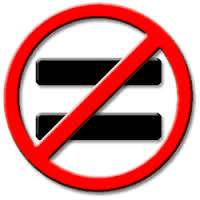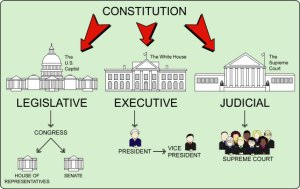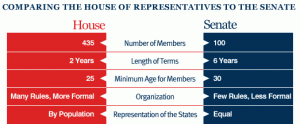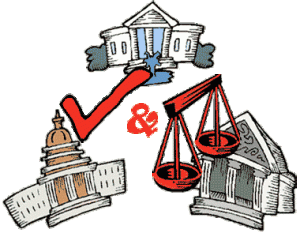Ancient Greece has a Democracy as its government. Athens was the first city to create the democracy. A democracy is a government run by the people. The said thing about ancient Greece is that it is not equal. It would be considered a Fair government. It excludes Women, Slaves, and Children. So because of the Government Greece is run by the people.
Due too the democracy, The laws were made by the people and the punishments were given by the people. The laws must have been as harsh as the person delivering them wanted them to be. They had all the free will they wanted to have. In Greece Assembly, every male was allowed to attend the assembly. He had the right to debate, offer amendments, and vote on proposals. Basically anything that needed a decision was anything any man could be apart of.
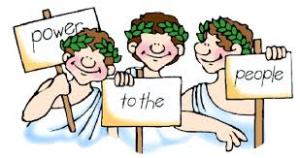
Americas government is different but we have some things similar. The USA has a representative democracy, we vote for people to make decisions for us. Also some things we have that we got from Ancient Greece is their local communities, Assembly and People’s Counsel. These are basically like our Judicial System. The difference is that we have a President and a Legislative branch to make and enforce laws. That difference is that everyone is equal in America and have a right to their say but it all ends up under a judge, law or case.
http://www.canadianlawsite.ca/AncientGreek.htm
http://www.rightsofthepeople.com/education/government_for_kids/3-5/government/branches.php
http://www.clearedgemarketing.com/2013/07/branding-does-not-equal-your-logo-or-visuals/
